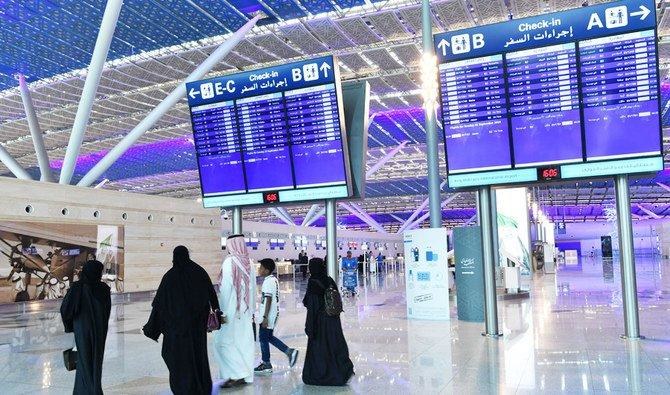In a sweeping move to prevent overcrowding and better manage the upcoming Hajj season, Saudi Arabia has announced a temporary suspension of short-term visas for citizens of 14 countries.
The suspension, which includes business visit visas (single- and multiple-entry), e-tourist visas, and family visit visas, will take effect on April 13, 2025.
The countries affected by the moratorium are India, Egypt, Pakistan, Yemen, Tunisia, Morocco, Jordan, Nigeria, Algeria, Indonesia, Iraq, Sudan, Bangladesh, and Libya. Travelers from these nations who already hold valid visas will still be allowed to enter Saudi Arabia until April 13 and are required to depart the Kingdom no later than April 29.
The decision follows logistical challenges and overcrowding reported during the previous Hajj season, when a significant number of pilgrims entered Saudi Arabia using short-term or non-Hajj-specific visas. These irregular entries placed a strain on the Kingdom’s infrastructure and safety protocols.
Saudi officials say the suspension is part of a broader effort to improve coordination, enhance safety, and streamline the arrival process for the annual pilgrimage.
“Authorities have identified the countries that contributed to the crisis last year,” said Basil Al Sisi, a member of Egypt’s Chamber of Tourism Companies, in a televised interview. “The decision stems from lessons learned during the previous Hajj season,” he added, referencing individuals who misused visit visas to perform the pilgrimage.
In a related announcement, the Kingdom also released updated guidelines for Umrah travel. According to the new schedule, Umrah visas will be issued annually from the 14th of Dhu Al Hijjah to the 1st of Shawwal. Entry into the Kingdom for Umrah pilgrims will be permitted during this same period, and all pilgrims must exit the country by the 1st of Dhu Al Qa’dah.
Saudi Arabia has consistently emphasized that religious travelers must obtain the correct visa type and has warned of legal consequences for violations. The latest visa suspension underscores the government’s push to preserve the sanctity, security, and efficiency of Hajj — a religious duty that draws millions of Muslims to the Kingdom each year.






